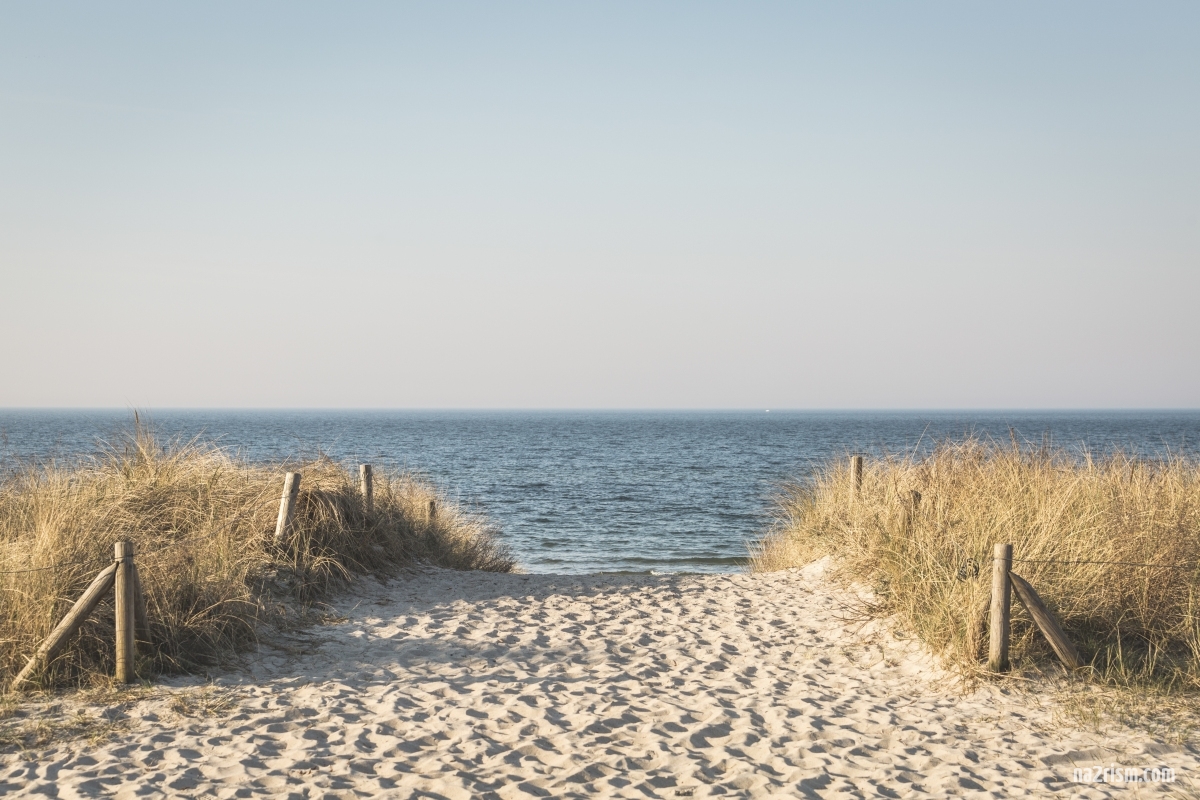FKK, or Freikörperkultur in German, is a social and cultural movement that advocates for the practice of nudism or naturism. The term literally translates to “free body culture” and has been used since the early 20th century to describe a lifestyle that emphasizes a connection with nature, physical freedom, and social equality.
FKK originated in Germany in the late 19th century as a reaction to the restrictive social norms of the time. The movement gained momentum in the early 20th century as a way for people to escape the confines of city life and reconnect with nature. FKK was also seen as a way to promote physical and mental health, as nudity was believed to increase circulation, improve digestion, and reduce stress.
The FKK movement in Germany reached its peak in the 1920s and 1930s, with thousands of people participating in nude hikes, sports, and social activities. However, the rise of Nazism and the subsequent World War II led to the suppression of the movement. Nudism was associated with degeneracy and immorality by the Nazi regime, and many FKK clubs were forced to disband or go underground.
After World War II, the FKK movement experienced a resurgence in popularity in Germany and other European countries. The movement gained a new sense of purpose as a way to promote peace and international understanding. In the post-war era, FKK became associated with progressive values such as environmentalism, feminism, and anti-authoritarianism.
Today, FKK is a popular leisure activity in many countries, particularly in Germany, where it has become part of the mainstream culture. There are thousands of FKK clubs and resorts across the country, and many public parks and beaches have designated FKK areas. The movement has also spread to other parts of Europe and the world, with nudist beaches and resorts attracting tourists from all over.
Advocates of FKK argue that nudity is a natural state and that the human body should not be viewed as inherently sexual or shameful. Nudism is seen as a way to promote body positivity, self-acceptance, and equality. FKK also emphasizes a connection with nature, as nudists are encouraged to be outdoors and experience the natural world without the barrier of clothing.
However, FKK is not without its critics. Some people view it as an exhibitionist or voyeuristic activity, and others find the idea of being naked in public uncomfortable or inappropriate. There are also concerns about the sexualization of nudity and the potential for exploitation.
Despite these criticisms, FKK continues to be a popular lifestyle choice for many people. The movement has evolved over time to include a wide range of activities, from yoga and meditation to hiking and camping. FKK is not just about being naked; it is about promoting a way of life that values physical and mental health, social equality, and a connection with nature.

